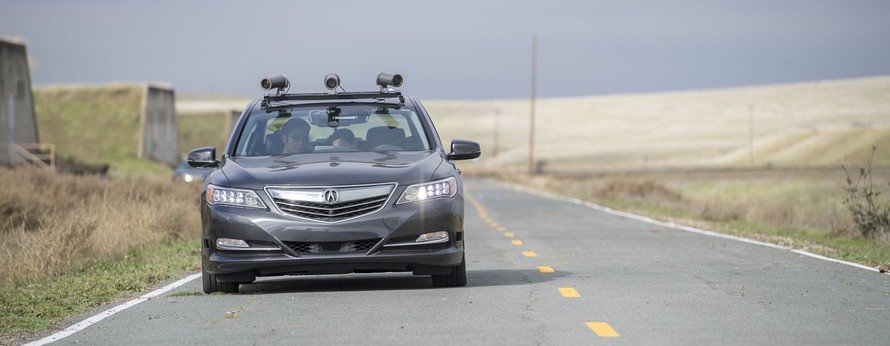Chinese consumers more open to EV, autonomous cars than Westerners

Automakers, ride-hailing and technology companies plowing money into the development of electric, self-driving and shared car services will find more enthusiastic consumers in China than in Europe and the United States, a survey on Thursday showed.
Consumers in some Western countries appear unconvinced as automakers overhaul their factories and supply chains to produce pricey electric cars and invest billions to develop self-driving technology, the survey by OC&C Strategy Consulting showed.
While more than 90% of Chinese residents said they would consider, were likely to or definitely would buy an electric car, only about half of the surveyed consumers in the United States were eyeing an electric car as their next purchase. In Europe, between 64% and 77% of respondents said the same.
The research comes as the global auto industry is undergoing drastic changes with a downturn in sales, pressure to meet ambitious emissions targets and challenges in deploying fully self-driving cars as robotaxis.
OC&C surveyed around 2,000 consumers in each the U.S., China, Germany, France and the UK between March and April 2019 in online polls.
John Evison, one of the survey's co-authors, said the group did not receive any outside funding for the study.
Car buyers in the United States, Germany, France and the United Kingdom also largely want to retain private ownership of their vehicle, while more than 90% of Chinese consumers are open to fully-shared mobility options, according to the survey.
Ride-hailing companies Uber and Lyft say they aim to reduce private car ownership.
But survey respondents in Western countries, including younger generations, said owning a car remained an important status symbol offering convenience and reliability not matched by car-sharing or taxi services.
The survey results also put a damper on companies working on robotaxis, with a vast majority of all respondents saying they would strongly prefer owning a fully automated car, as opposed to sharing it.
German carmaker Daimler last month said it has taken a "reality check" on robotaxis amid questions over their safety and earnings potential.
Overall, around a third of Western consumers in the survey said they were distrustful of self-driving cars, while only 4% of the Chinese respondents said so.
OC&C's Evison said the results suggested the auto industry should invest more in electrification and services for individual car owners rather than "trying to create the next shared mobility revolution."
Nouvelles connexes


